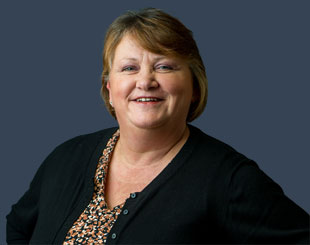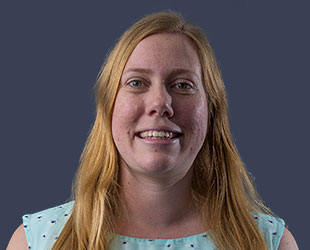- Swansea (Main)01792 773 773
- Caerphilly02920 860 628
- Cardiff02920 225 472
- Carmarthen01267 234 022
- Cowbridge01446 771 742
- Fishguard01348 873 671
- Haverfordwest01437 764 723
- Rural Practice01267 266 944
- St Davids01348873671
- Please note that all phone calls are recorded
Residence Nil Rate Band
The normal tax relief or amount under which no Inheritance Tax is payable on death is £325,000 for an individual person. After April 2017 a new Inheritance Tax relief called the Residence Nil Rate Band (RNRB) was introduced which initially added £100,000 in 2017and raised by £25,000 each tax year until it reached its maximum of £175,000 in 2020. This allowance is in addition to the existing £325,000 Inheritance Tax band.
This additional RNRB applies where a deceased leaves a residential interest in one property to a direct descendent (child, step-child, adopted child, foster child, grandchild and any other lineal descendent).
A claim has to be made for this benefit usually by the Executors and if the estate is over £2,000,000 there are provisions that reduce the relief.
All Wills entered into prior to April 2017 should be reviewed to ensure that this new relief is available under the terms of the Will.
Downsizing and the Residence Nil Rate Band
Where the deceased person has either sold their home or downsized to a less valuable residence on or after the 8th July 2015, the value of the downsized residence or the equivalent value of the original home that was sold, are still eligible for the Residence Nil Rate Band (RNRB).
Specialist advice from a Solicitor should be sought as a claim for the RNRB has to be made when making the application for Probate.
Transfer of an Unused Nil Rate Band
The situation that usually arises is that a person has died in the past leaving his whole or the majority of his estate to his or her spouse or civil partner. When a person dies they are entitled to the first £325,000 free of Inheritance Tax. This is called the Nil Rate Band. Any amount however passing to a spouse or civil partner is exempt from Inheritance Tax meaning that perhaps all or a major part of the Nil Rate Band of the deceased has not been used up.
It is now possible to transfer that unused Nil Rate Band and add it to the Nil Rate Band of the spouse or civil partner who is the second to die. In most cases the effect is that the spouse or civil partner who dies second ends up with a Nil Rate Band of £650,000.
It is also possible to transfer an unused residence nil rate band for deaths after 5th April 2017, meaning that on a death after 5th April 2017, it may be possible with the use of these provisions for the spouses or civil partner who is the second to die to have a nil rate band of up to £850,000.00 rising to up to £1m in 2020.
These reliefs have to be claimed and specialist advice from a Probate Solicitor should be sought.
-
- Sean Boucher
- Director & Head of Lifetime Planning - West Wales
-
- Beverley Bowen
- Director & Head of Lifetime Planning - Swansea
-
- Arwel Davies
- Director- Lifetime Planning
-
- Mike Downey
- Director & Head of Lifetime Planning - South East Wales
-
- Joanna Fenoulhet
- Director - Lifetime Planning
-
- Chris Shaw
- Director & Head of Lifetime Planning
-
- Rebecca Danks
- Senior Associate Solicitor - Lifetime Planning
-
- Sophie Anthony
- Associate Solicitor - Lifetime Planning
-
- Noel Liemann
- Associate Solicitor - Lifetime Planning
-
- Donna Mahoney
- Legal Advisor - Lifetime Planning
-
- Sarah Evans
- Legal Advisor - Lifetime Planning
-
- Angela Forgan
- Legal Advisor - Lifetime Planning
-
- Tracy Haddock
- Legal Advisor - Lifetime Planning
-
- Jennifer Jones
- Legal Advisor - Lifetime Planning
-
- Melanie Miller
- Legal Advisor - Lifetime Planning
-
- Cherrie Powell
- Legal Advisor - Lifetime Planning
-
- Tanya Tremelling
- Legal Advisor - Lifetime Planning
-
- Denise Cook
- Legal Secretary - Lifetime Planning
-
- Michelle Garey
- Legal Secretary - Lifetime Planning
-
- Carole Jenkins
- Legal Secretary - Lifetime Planning
-
- Veronica Mayne
- Legal Secretary - Lifetime Planning
-
- Alice Rowlands
- Senior Associate Solicitor - Lifetime Planning
-
- Gemma Tooze
- Trainee Solicitor - Lifetime Planning




















